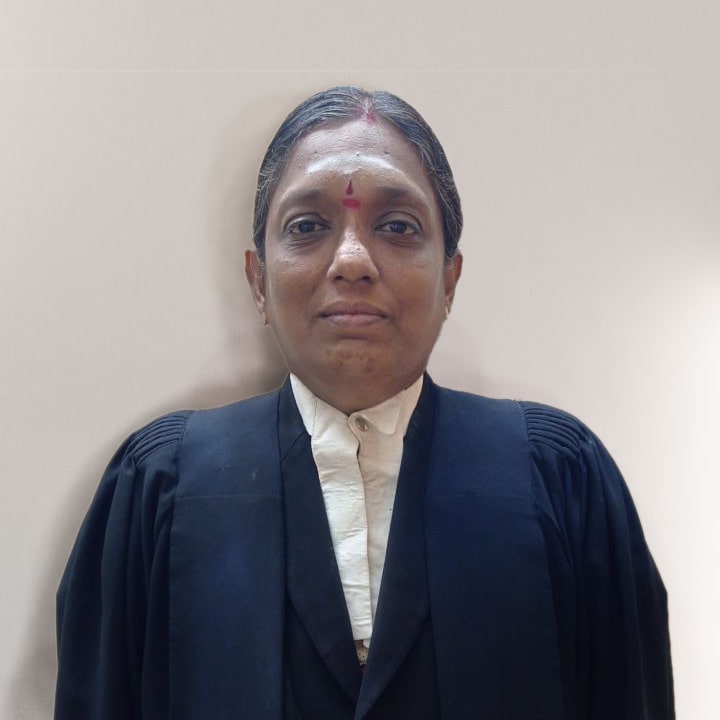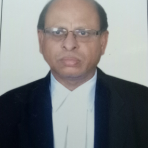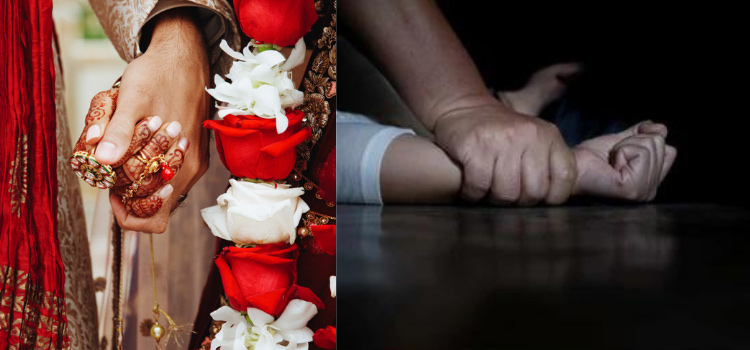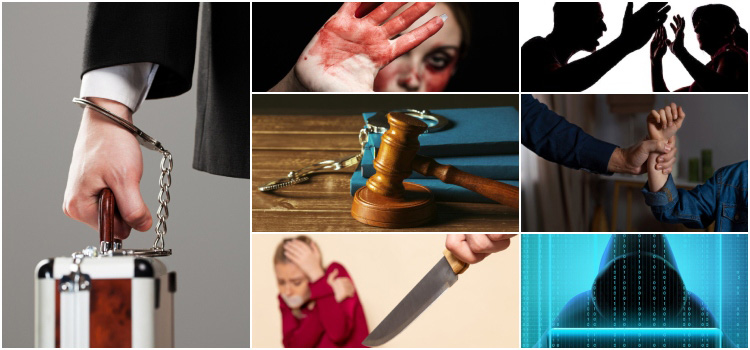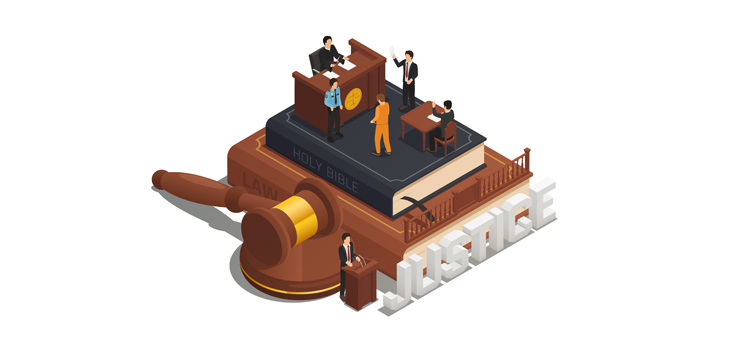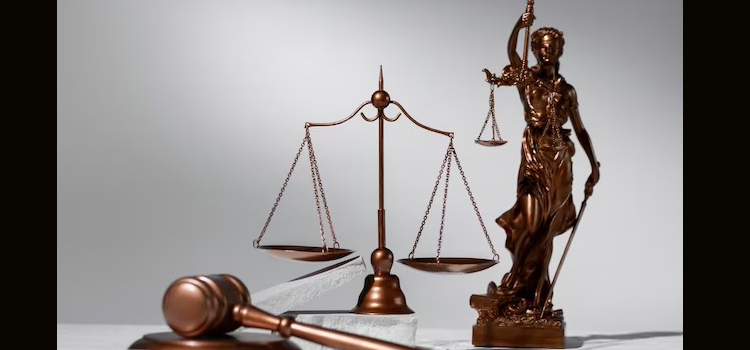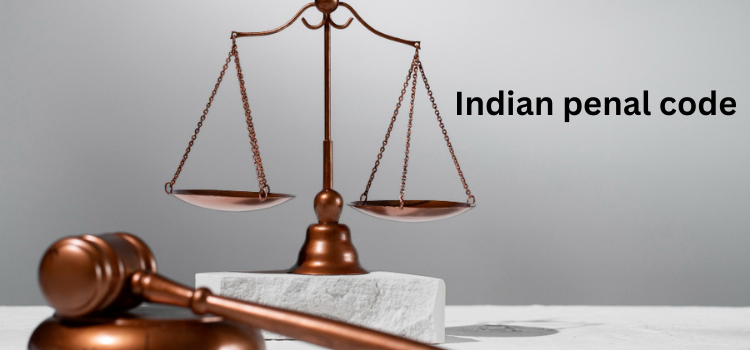Criminal Lawyers
Criminal Laws (Procedure)
Common questions on ‘Criminal Laws’
- What is criminal law?
- What is law of criminal procedure in India?
- What are the objectives of criminal law?
- Is there any specific jurisdiction for criminal cases in India?
What is criminal law?
Procedural laws prescribe procedure for the enforcement of rights and liabilities. Effect of substantive laws to a large extent depends on the quality of procedural laws. The governing law for Criminal Procedural Laws is the ‘Code of Criminal Procedure, 1973’.
“A procedural law is always sought in aid of justice, not in contradiction or to defeat the very object which is sought to be achieved. A procedural law is always subservient to the substantive law. Nothing can be given by a procedural law what is not sought to be given by a substantive law and nothing can be taken away by the procedural law what is given by the substantive law.” – SC in Saiyad Mohd Bakar v. Abdulhabib Hasan (1998) 4 SCC 343 at p. 349.
Some features of the Code of Criminal Procedure, 1973:
- This act is applicable to whole of India except the state of Jammu & Kashmir
- As per Section 6 of Code of Criminal Procedure 1973, Besides the Supreme Court, High Courts and the Courts constituted under any law, other than this Code, there shall be, in every State, the following classes of Criminal Courts, namely-
- Courts of Session
- Judicial Magistrate of the first class and, in any Metropolitan area, Metropolitan Magistrate
- Judicial Magistrate of the second class
- Executive Magistrates
- Functionaries under the Code of Criminal Procedure 1973 are the Police, Prosecutors, Defence Counsels, and Prison Authorities and Correctional Services Personnel
- Code of Criminal Procedure 1973 distinguishes recognises Cognizable & Non-Cognizable Offences-
- Cognizable offences means offences for which, a police officer may, in accordance with the first schedule or under any other law for the time being in force, arrest without warrant.
- Non-cognizable offences means offences for which, and ‘non-cognizable case’ means a case in which, a police officer has no authority to arrest without warrant.
- As per the case of Lalita Kumari v. Govt. of UP, 2014, a police officer is bound to register an FIR relating to a cognizable offence.
- Code of Criminal Procedure 1973 classifies all criminal cases into summons cases and warrant cases-
- Warrants Case refers to a case relating to an offence punishable with death, imprisonment for life, or imprisonment for term exceeding two years
- Summons Case refers to a case relating to an offence, and not being a warrant case
- As per Section 304 of Code of Criminal Procedure 1973, there is a right to legal aid at the expense of the State.
- The principle of Double Jeopardy is recognised in Section 300 of Code of Criminal Procedure 1973
Search Result : Expert Criminal Lawyers
Consult Expert Criminal Lawyers in India
Advocate Abhimanyu Shandilya
Advocate Anik
Bangalore
Advocate Anish Palkar
Mumbai
Advocate Prabhakara S K Shetty
Bangalore
Advocate Arvind Tripathi
Allahabad
Advocate Shrikrushna Tambde
Nagpur
Advocate Bharat Majmundar
Vadodara
Advocate Girraj Prasad
Jaipur
Advocate Noel D'souza
North Goa
Advocate Karunasish Chakraborty
Kolkata
Advocate Surbhi Sharma
Delhi
Advocate Mayur D. Khunti
Anand
Advocate Abhradip Jha
Kolkata
Advocate Jaswant Singh Katariya
Gurgaon
Advocate Rhea Luthra
East Delhi
Advocate Kishan Dutt Kalaskar
Bangalore
Advocate Vivek Tanwar
Gurgaon
Advocate Dr Gubbi's House Of Justice
Bangalore
Advocate Rajagopal Sripathi
Hyderabad
Advocate Rajendra Prasad
Hyderabad
Advocate Kunal Sharma
Jaipur
Advocate J N Dwivedi
Allahabad
Advocate Samarjeet Shandilya
Ranchi
Advocate A. G. Syam Kumar
Thiruvananthapuram
Advocate Subratha Ray
Central Delhi
Advocate Parikshit Bisht
Dehradun
Advocate Shanti Ranjan Behera
Bhubaneswar
Advocate Jitendra Kumar
Noida
Advocate Rahul Singh
Varanasi
Advocate Paresh M Modi
Ahmedabad













